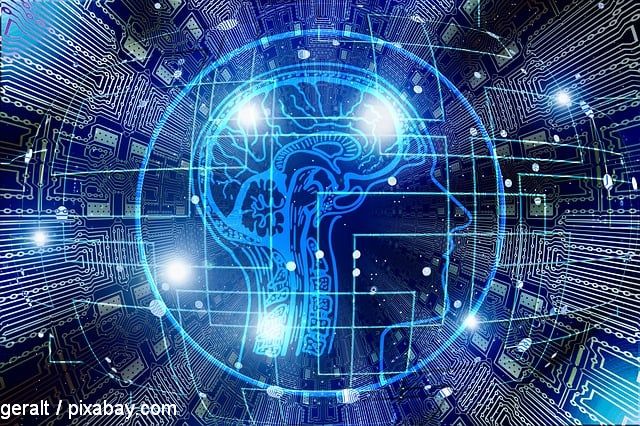Artificial intelligence and the shops of the future
Romania is currently in third place in terms on online sales in Central and Eastern Europe.

Corina Cristea, 22.12.2023, 14:00
Generative
AI programmes such as ChatGPT developed by OpenAI, of which Microsoft
owns 49%, or the Gemini chatbot presented this month by Google, and
which can summarise and understand, process and combine easily
different types of information, including text, code, audio image and
video, are able to maintain a dialogue with users, imitating human
interaction. They bring lots of benefits but also challenges. Capable
of writing essays, poems or translations within seconds or to
generate sounds and images, the generative systems have shown the
public the great potential of AI, as well as the risks, such as the
sharing on social networks of fake photographs, which poses the
danger of manipulating public opinion.
All
of this is sufficient and serious reason for Brussels to give more
attention to the issue. After long debates, the EU governments and
MEPs this month reached an agreement about the rules applying to
artificial intelligence systems. MEPs insisted on the need for
specific monitoring of this type of high-impact technology, calling
especially for more transparency about the algorithms and the
enormous data bases used by these systems. The agreement reached,
described as a milestone in the history of digital information,
promotes innovation in Europe while limiting the possible excesses of
these highly advanced technologies. The core of the project is a list
of rules imposed to systems considered as posing a high risk,
essentially those used in sensitive areas such as critical
infrastructure, education, human resources and law enforcement.
Interdictions will be rare and will apply to applications that are
contrary to European values, such as citizens’ evaluation and the
mass surveillance systems used in China and even the remote biometric
identification of persons in public spaces to prevent mass
surveillance, says Brussels.
Member
states have obtained, however, exemptions for certain law enforcement
missions, such as the fight against terrorism. With regard to
generative AI, the compromise consists in a two-speed approach. Rules
will be imposed on everyone in order to ensure the quality of the
data used in developing the algorithms and to check compliance with
copyright law. Also, developers will have to make sure that the
sounds, images and texts produced are clearly identified as
artificial. Beyond this, many areas stand to gain.
A
recent survey carried out in the US shows, for example, that adopting
AI has a positive impact on organisations, with six out of ten
marketing directors in the US saying they used this technology in the
activities carried out in the last year. According to data analysed
by Deloitte, with
the use of AI, sales productivity improved by 6% and customer
satisfaction by 7%, while indirect marketing costs dropped by 7%.
A
guest of Radio Romania, Vlad Dulea, the co-founder of Kooperativa
2.0, the official partner of CloudCart in Romania, spoke about the
impact of AI on e-commerce:
We
have to get used to the presence of artificial intelligence in our
life and not to be afraid of it, but learn to use to our benefit. AI
will automate almost completely marketing campaigns, audience
segmentation, the personalisation of the messages it delivers, will
detect and prevent fraud analysing transaction models to identify
possible suspicious activity, will optimise delivery routes and the
management of the supply chain, thus reducing the time and costs
associated with product delivery. It will improve interaction with
clients by understanding and processing natural language, allowing
for complex searches. Last but not least, it will allow for the
search of products based on images, which will make it easier for
customers to find what they are looking for even if they don’t know
the name or don’t have an exact description of the products. There are
certain advantages that clearly show us that artificial intelligence
will simplify the future of e-commerce enormously. However, even if
technology will play a significant role in the shopping experience in
the future, many customers still appreciate the direct interaction
with the shop personnel. Personalised advice and human customer
service can provide added value which technology cannot replace
completely. The sensation of touching and feeling the products and
the atmosphere of a physical shop are difficult to recreate online.
And let us also not forget that physical shops provide the
satisfaction of immediate purchase and not waiting for the delivery.
This advantage is particularly relevant for products that customers
need urgently.
Romania
is currently in third place in terms on online sales in Central and
Eastern Europe, after Poland and the Czech Republic. With a turnover
estimated at almost 10 billion euros in 2023, the e-commerce sector
in Romania dominates the market in Eastern Europe, accounting for
almost 60% of all sales among the countries in the region.






























